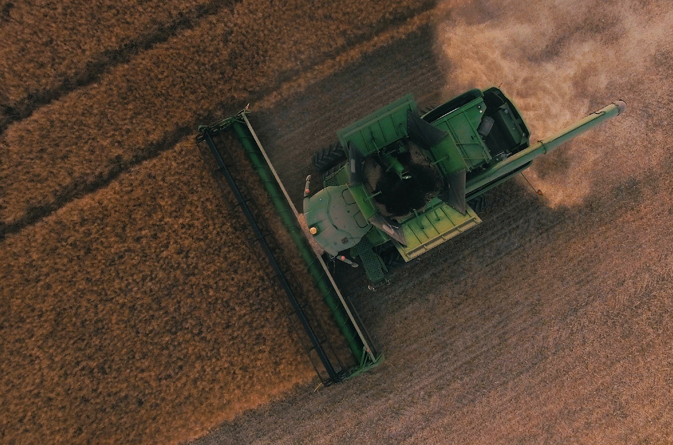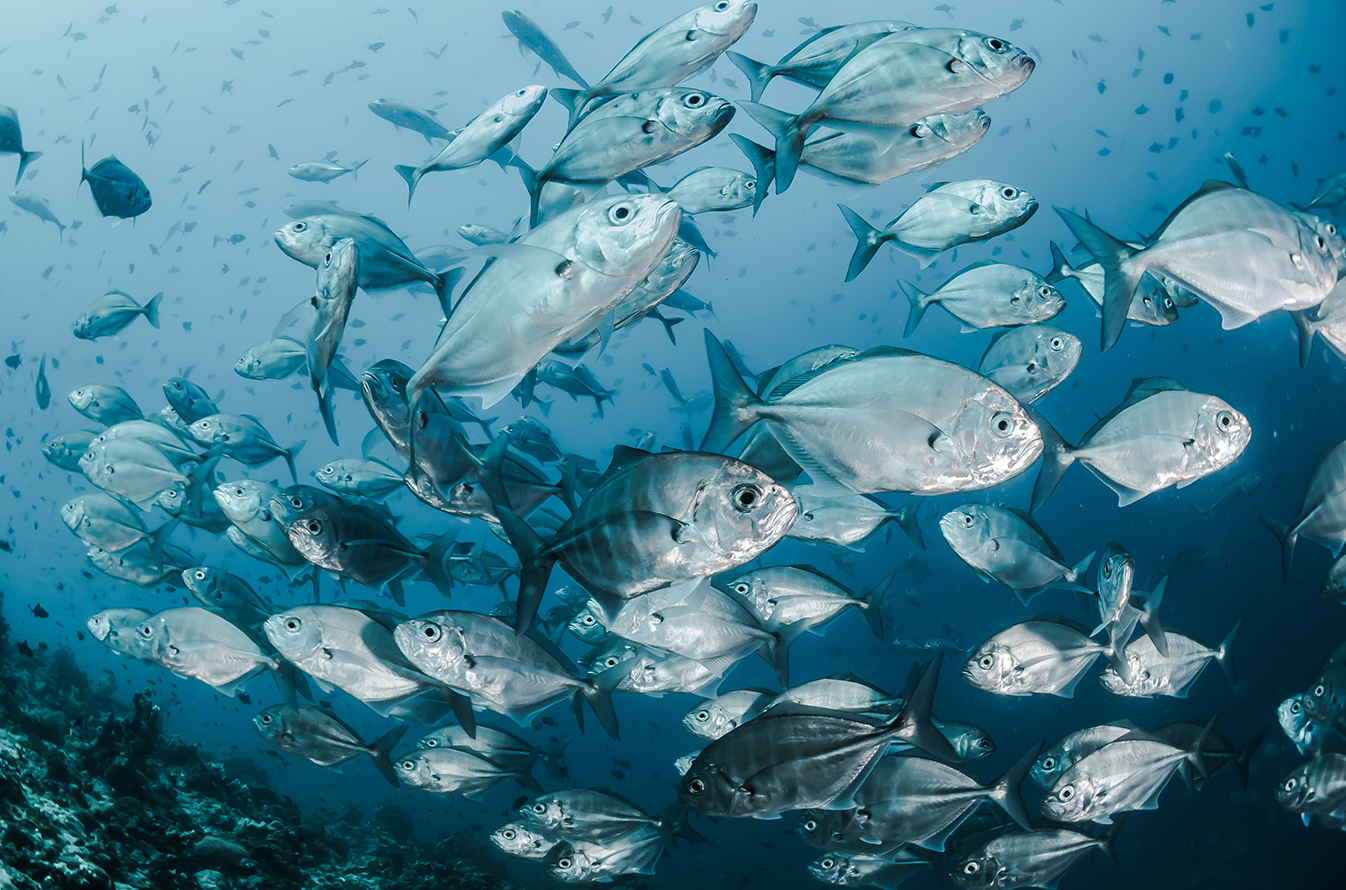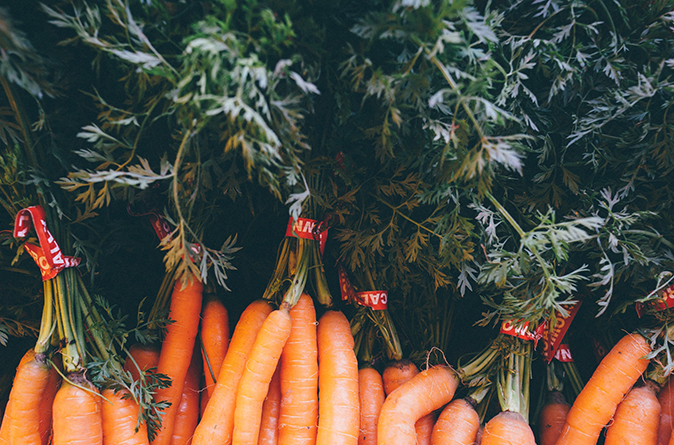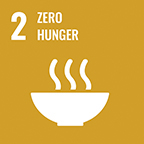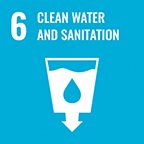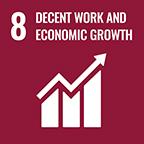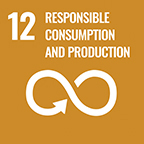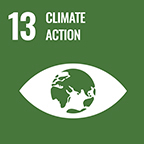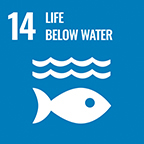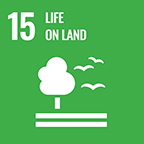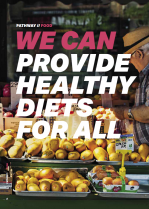AGRICULTURE BECOMES MORE PRODUCTIVE, REGENERATIVE, AND RESILIENT
- Farmers combine traditional techniques with advanced precision farming technologies and inputs.
- Climate-smart agricultural practices are scaled up, with agriculture increasingly functioning as a carbon sink.
- Food production is confined to existing farmland, and companies establish supply chains that are free from deforestation and land conversion.
- The human and environmental risk from inputs in agriculture is continuously reduced and their use is optimized, minimizing environmental impacts.
- Agricultural subsidies are reoriented to incentivize sustainable farming practices and halt deforestation.
- Animal husbandry operates within planetary boundaries and regenerative capacities. Animal welfare is increasingly protected.
